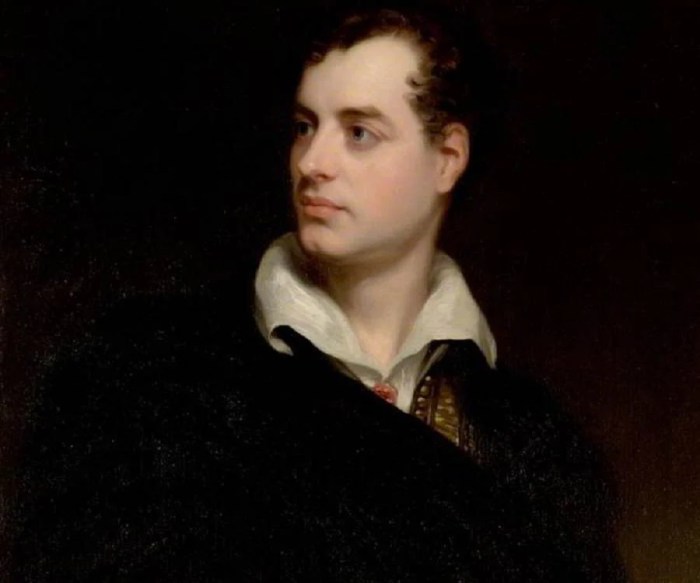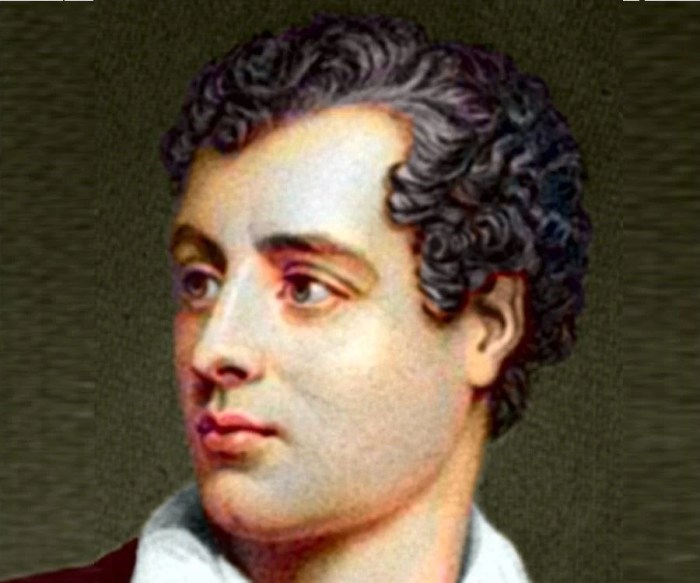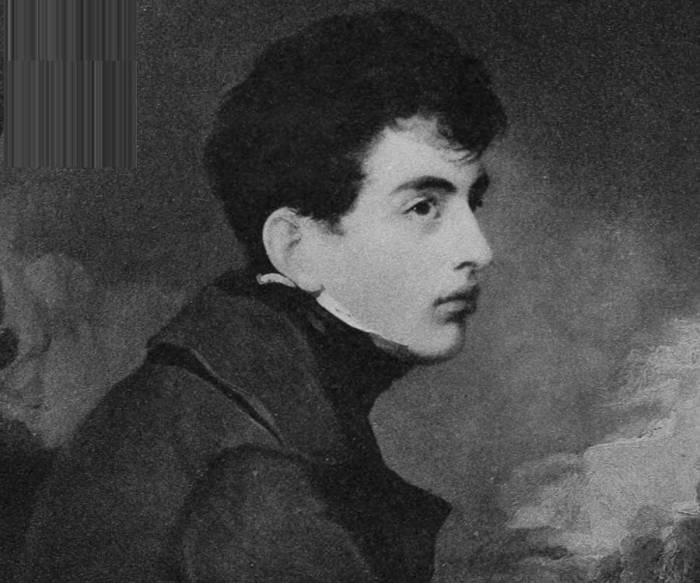Controversial english poet 19th century – Controversial English poets of the 19th century left an enduring mark on the literary landscape, challenging societal norms and provoking critical debate. Their provocative works sparked controversies that continue to resonate today, inviting us to delve into the depths of their creative genius and its impact on literature and culture.
Their bold exploration of themes, unique poetic techniques, and fearless confrontation of societal issues ignited both admiration and condemnation. This essay examines the literary impact, themes, poetic style, controversies, and cultural context that shaped these poets and their works, providing a comprehensive analysis of their enduring legacy.
Literary Impact and Legacy

The controversial works of the 19th-century poet left an enduring mark on subsequent generations of writers and readers. Their bold exploration of taboo subjects, unconventional themes, and experimental forms challenged literary conventions and expanded the boundaries of poetic expression. Their influence can be seen in the works of modernist poets such as T.S.
Eliot and Ezra Pound, who embraced their spirit of innovation and rebellion.
Themes and Motifs

The poet’s controversial works often explored themes of love, loss, alienation, and the human condition. They employed motifs of nature, sexuality, and the supernatural to convey their complex and often unsettling insights. These themes and motifs reflected the social, cultural, and political turmoil of the Victorian era, challenging prevailing norms and questioning the established order.
Poetic Techniques and Style
The poet’s unique poetic techniques and style contributed significantly to the controversial nature of their work. They employed unconventional rhythms, fragmented syntax, and vivid imagery to create a sense of disorientation and unease. Their use of ambiguity, symbolism, and irony allowed them to explore complex emotions and ideas in a subtle and provocative manner.
Controversies and Criticism
The poet’s works sparked numerous controversies during their lifetime and beyond. Critics condemned their open exploration of sexuality, their rejection of traditional morality, and their perceived blasphemy. These controversies led to public outrage, censorship, and even legal action. Despite the backlash, the poet’s works have endured as a testament to their artistic vision and the power of artistic freedom.
Cultural and Historical Context

The poet lived and wrote during a period of great social, cultural, and political change. The Industrial Revolution, the rise of scientific rationalism, and the Victorian era’s strict moral code all influenced their work. Their controversial themes and techniques reflected the tensions and anxieties of their time, providing a unique window into the complexities of the 19th century.
Comparison with Contemporaries: Controversial English Poet 19th Century

While the poet shared some similarities with their contemporaries, their approach to poetry was distinctly different. Unlike the Romantic poets who emphasized emotion and imagination, the poet focused on realism, introspection, and the exploration of the human psyche. Their work differed from the Pre-Raphaelite poets in its lack of sentimentality and its embrace of the darker aspects of human nature.
Q&A
Who were some of the most controversial English poets of the 19th century?
Notable controversial English poets of the 19th century include Lord Byron, Percy Bysshe Shelley, and Algernon Charles Swinburne.
What were the main themes explored in their controversial works?
Key themes include rebellion against societal norms, exploration of sexuality, and critique of religious and political institutions.
How did their poetic techniques contribute to the controversial nature of their work?
Their use of vivid imagery, unconventional language, and unconventional verse forms challenged traditional poetic conventions and sparked debate.